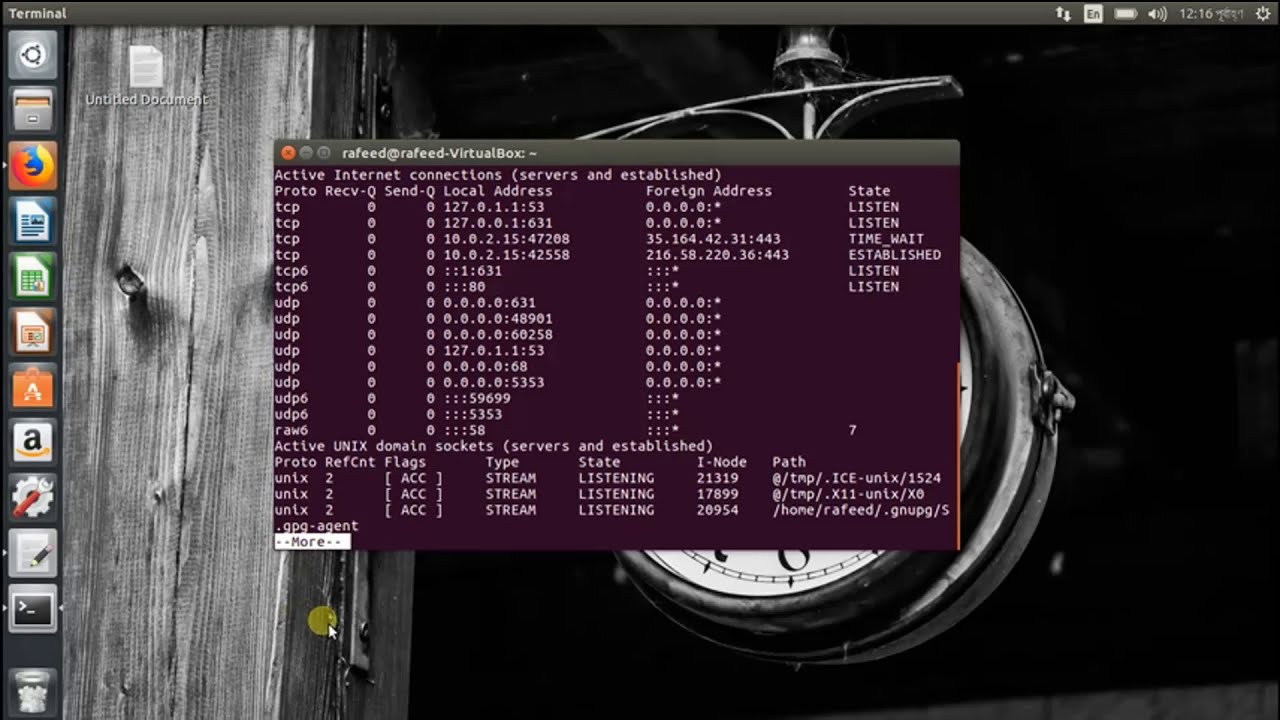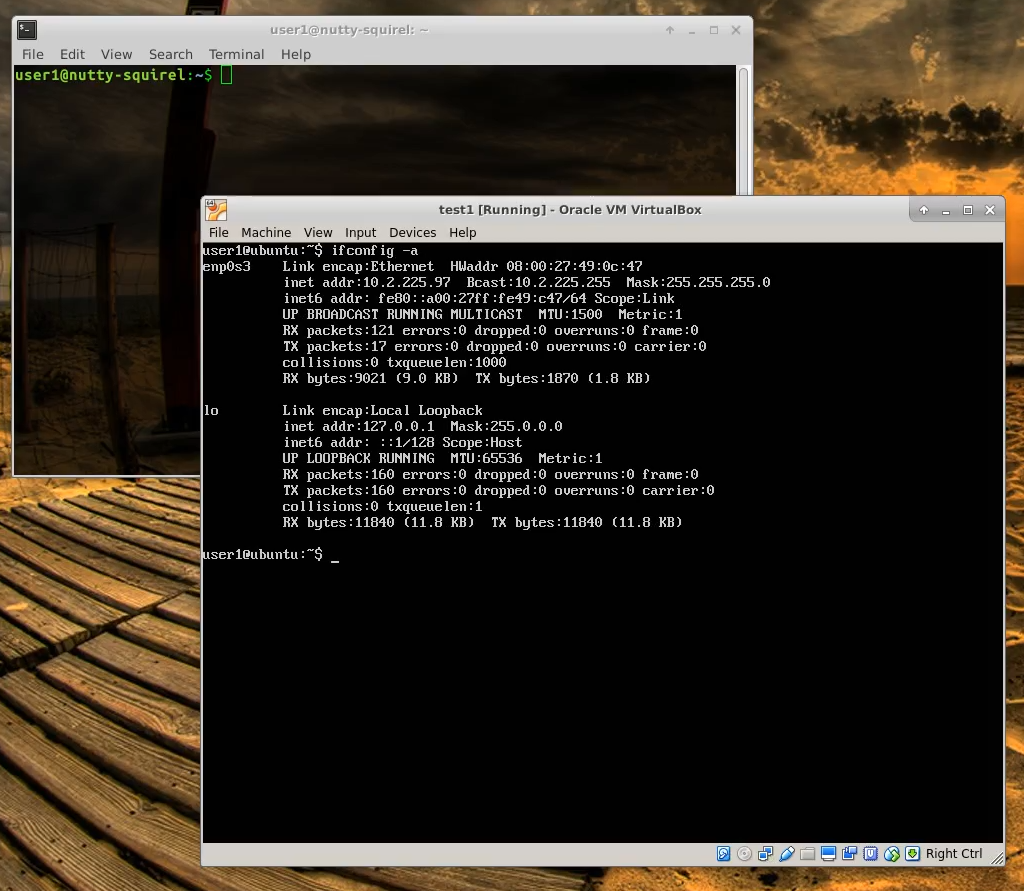

(Have you installed mosh on your server?) usr/bin/mosh: Did not find mosh server startup message. Locale: Cannot set LC_ALL to default locale: No such file or directory Locale: Cannot set LC_MESSAGES to default locale: No such file or directory Locale: Cannot set LC_CTYPE to default locale: No such file or directory If your computer doesn’t have any UFW or firewall daemon system, you don’t need to worry about the firewall system.

It is available in the official Linux repository.
#Ubuntu mosh server install
The client-supplied environment (LC_CTYPE=pt_BR.UTF-8) specifies Install Mosh Shell On Debian/Ubuntu Installing the Mosh SSH client on a Debian or Ubuntu Linux is easy and straightforward. Unfortunately, the local environment (LC_CTYPE=pt_BR.UTF-8) specifies

Mosh-server needs a UTF-8 native locale to run. Running `locale-gen pt_BR.UTF-8' may be necessary. The locale requested by LC_CTYPE=pt_BR.UTF-8 isn't available here. Tls-auth home/ta.Always, when I install mosh on a raspberry pi and try to connect through my computer, I get the following error: mosh -ssh="ssh -p 2323" password: Learn-address /etc/openvpn/learn-address.sh Key home/server.key # This file should be kept secret I am wondering what is causing mosh to think that remote host signature has changed. If I comment out the client-side up/down update-resolv-conf lines in OpenVPN nf line so that a nameserver line is not inserted in /etc/nf, mosh by hostname is back to normal.
#Ubuntu mosh server manual
So I suspect this is somehow DNS related. Analog to your config (3) and (1) my server is running Ubuntu Server 18.04 and my client is an iMac running Mojave. Option 1: Manual server installation USB or DVD image based physical install OS security guaranteed until April 2027 Expanded security maintenance until April 2032 Commercial support for enterprise customers Download Ubuntu Server 22.04. However, directly using IP address $ mosh 172.22.22.133 works. There is no special setup to run Browsh over Mosh, as long as you have them both installed on your remote server. You can use some services such as portmap.io or to map/open up ports and establish the ssh/vpn tunnel from computer A to their server. It might be slow, but thats probably your best bet without port forwarding.
#Ubuntu mosh server android
Though note that the local Mosh client is available on Android (JuiceSSH, Termux), in the Chrome Browser and iOS’s Blink Shell. 101 Add a comment 2 Answers Sorted by: 0 Try installing and running an ssh or vpn tunnel on computer A. Please contact your system administrator. Mosh needs to be installed both on your local machine and your remote server. SHA256:Qcg8zcFGJAUwtnb1c/oATrVTIdRoFK/neQF7fmK/mag.

The fingerprint for the ECDSA key sent by the remote host is It is also possible that a host key has just been changed. Someone could be eavesdropping on you right now (man-in-the-middle attack)! $ ssh officebox works (officebox resolves to 172.22.22.133 is in the office router IP range), but my preferred method $ mosh officebox failed: $ mosh WARNING: REMOTE HOST IDENTIFICATION HAS CHANGED! IS POSSIBLE THAT SOMEONE IS DOING SOMETHING NASTY! Inet 10.8.0.26 peer 10.8.0.25/32 scope global tun1ĥ: tun0: mtu 1500 qdisc pfifo_fast state UNKNOWN group default qlen 100 I have forwarded port 22 of my router to the IP of computer A, so that all makes sense to me.
When I am connected to both networks: $ ip addressĤ: tun1: mtu 1500 qdisc pfifo_fast state UNKNOWN group default qlen 100 A can SSH to B in the following manner: ssh usrRecently I decided to also make a second openvpn network on different subnet (192.168.2.0/255.255.255.0) for accessing my computers at home. And I can ssh and mosh into my office desktop no problem. I connect my laptop to the office network via openvpn (under subnet 10.8.0.0/255.255.255.0). For example, to install in Ubuntu: sudo apt install mosh Of course, the server will also have to have the Mosh server installed.


 0 kommentar(er)
0 kommentar(er)
